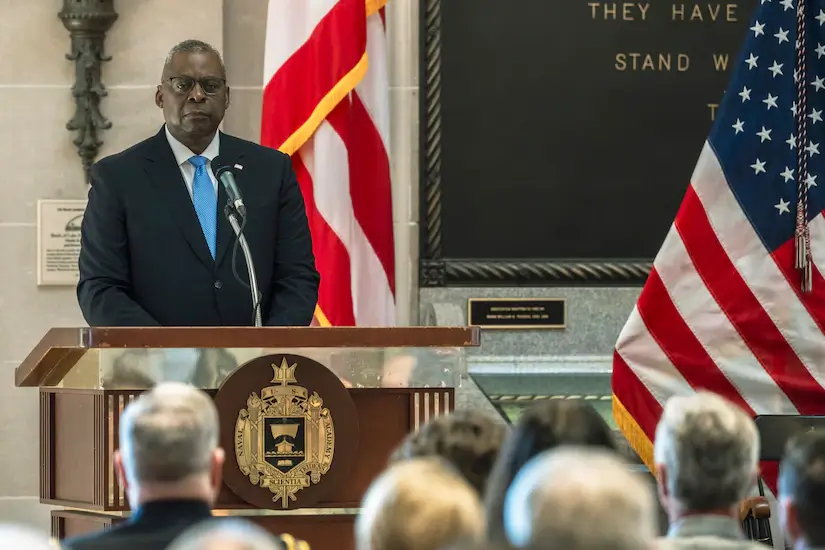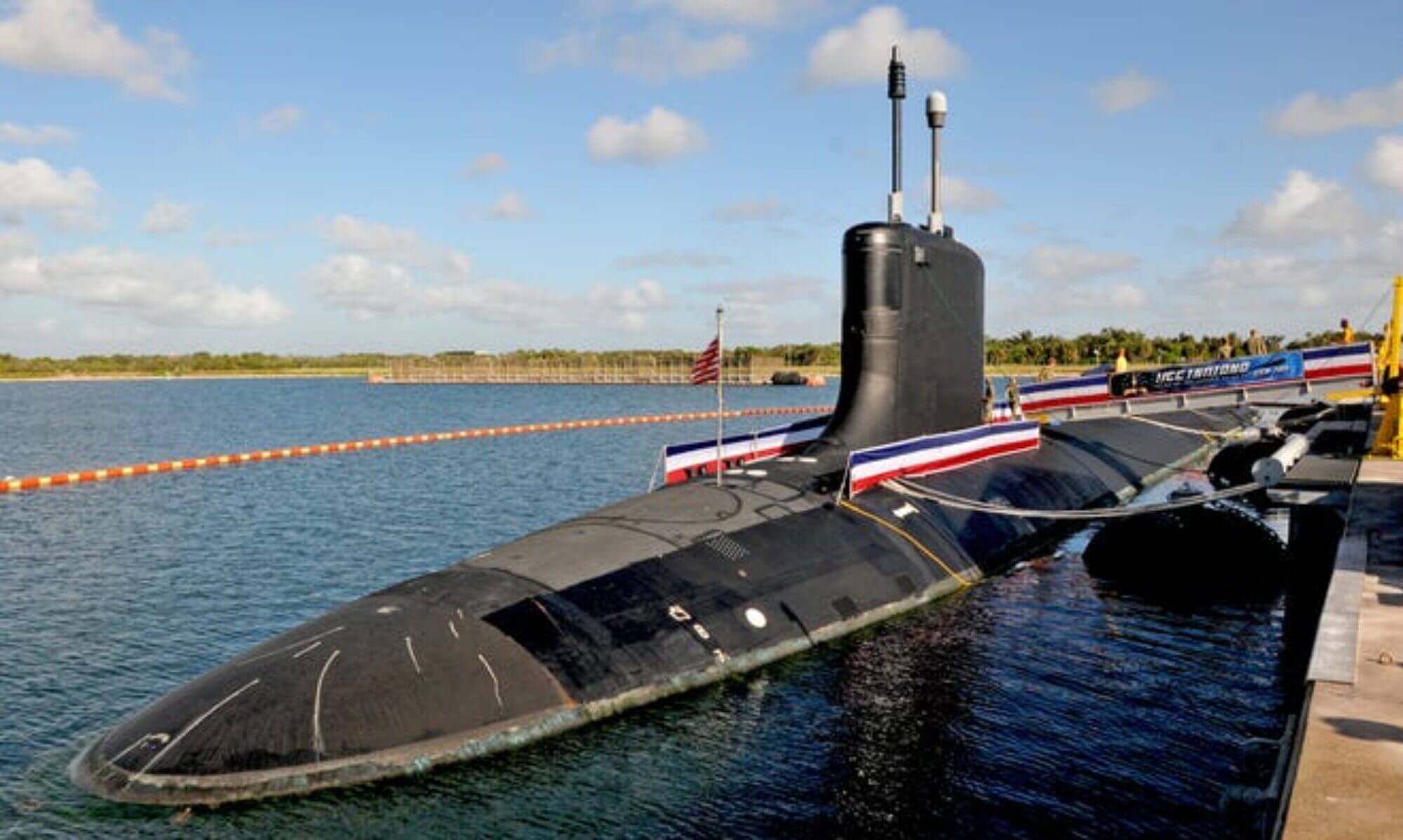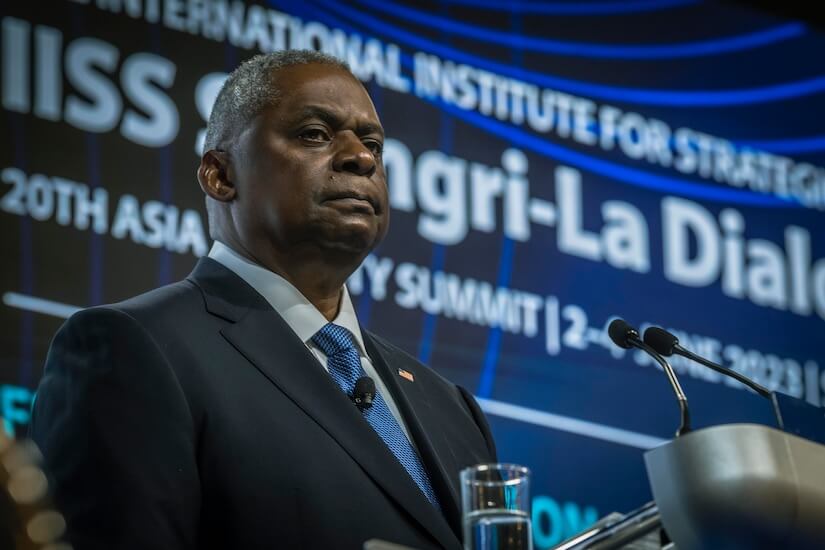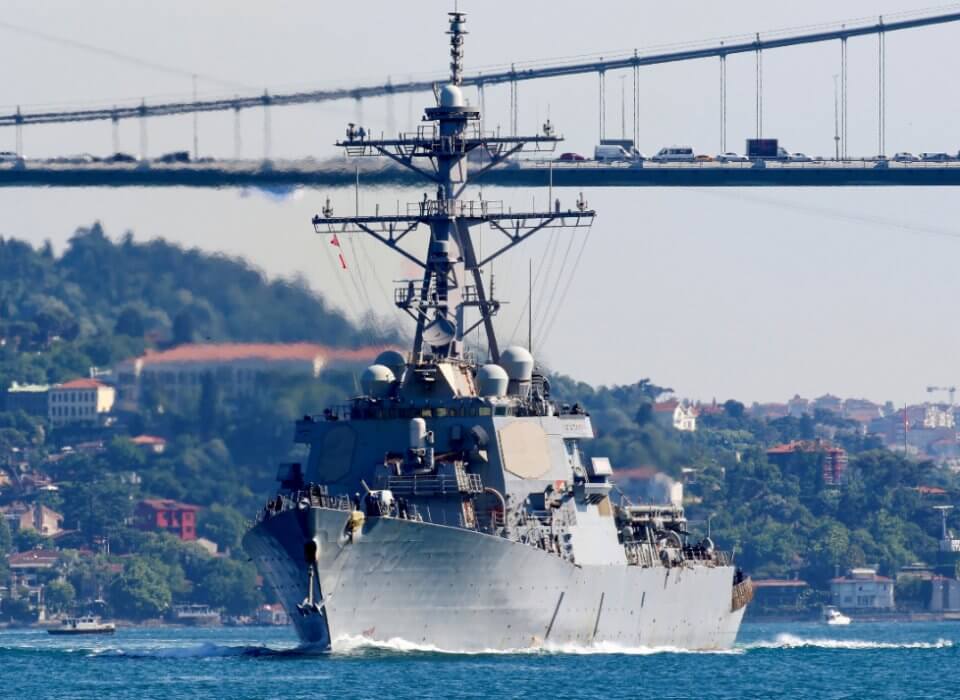We at the Americans for a Stronger Navy are deeply concerned about the current situation in the Senate, where more than 300 military nominations are being blocked by a single senator. This unprecedented and irresponsible action is putting our national security and our naval capabilities at risk.
The Senate Hold: What Is It and Why Is It Happening?
A Senate hold is a parliamentary procedure that allows any senator to delay or prevent a vote on a nomination or a bill. It is not a rule, but a courtesy that the Senate leadership usually honors. However, it can also be abused for political or personal reasons.
That is what Senator Tommy Tuberville of Alabama is doing. He has placed a hold on more than 300 military nominations since February 2023, demanding that the Pentagon reverse its decision to cancel a contract with an Alabama company that was supposed to build a new missile defense system. The contract was canceled due to cost overruns, technical failures, and ethical violations.
Senator Tuberville claims that he is fighting for the jobs and the security of his state, but he is actually hurting the entire country and the military services that he claims to support. He is holding hostage the careers and the futures of hundreds of officers who have dedicated their lives to serving our nation.
The Impact of the Hold: How It Affects Our Military Services and Our National Security

As you may have heard, Admiral Michael Gilday, the Chief of Naval Operations, relinquished his command on Monday, August 14, after serving for four years as the Navy’s top admiral. He was praised by Secretary of Defense Lloyd Austin for his dedication to advancing American sea power at a critical time for global security.
However, his nominated successor, Admiral Lisa Franchetti, has not been confirmed by the Senate due to the hold imposed by Senator Tuberville. Franchetti, who has been serving as the Vice Chief of Naval Operations since September 2022, would become the first female CNO and the first woman on the Joint Chiefs of Staff, if confirmed.
She is not the only one affected by this hold. The Army and the Marine Corps are also operating without confirmed leaders, as General Randy George and General Eric Smith are also waiting for their confirmations. This is the first time in history that three military services are without Senate-confirmed chiefs.
This is unacceptable and dangerous. The hold is undermining our military readiness, hindering our ability to retain our best officers, and upending the lives of far too many military families. It is also hampering our efforts to deter conflict and keep the peace in the Indo-Pacific region, where we rely on our Navy to sail, fly, and operate wherever international law allows.
The Solution: How We Can End the Hold and Confirm Our Military Leaders
We urge Senator Tuberville to lift his hold immediately and allow these highly qualified and experienced officers to assume their rightful positions.
We also urge all senators to fulfill their constitutional duty and confirm these nominations without further delay. Our national security and our naval strength depend on it.
We thank Admiral Gilday for his service and his leadership, and we wish him all the best in his retirement. We also congratulate Admiral Franchetti on her nomination and we hope to see her confirmed soon as the next CNO.
We also ask you, our readers and supporters, to join us in this cause.
Please contact your senators and express your support for the Navy and the military nominations. You can find their contact information by clicking here.
Together, we can make a difference and ensure that our Navy and our military have the leaders they deserve.
Thank you for your support and your attention.
Sincerely,
Americans for a Stronger Navy







